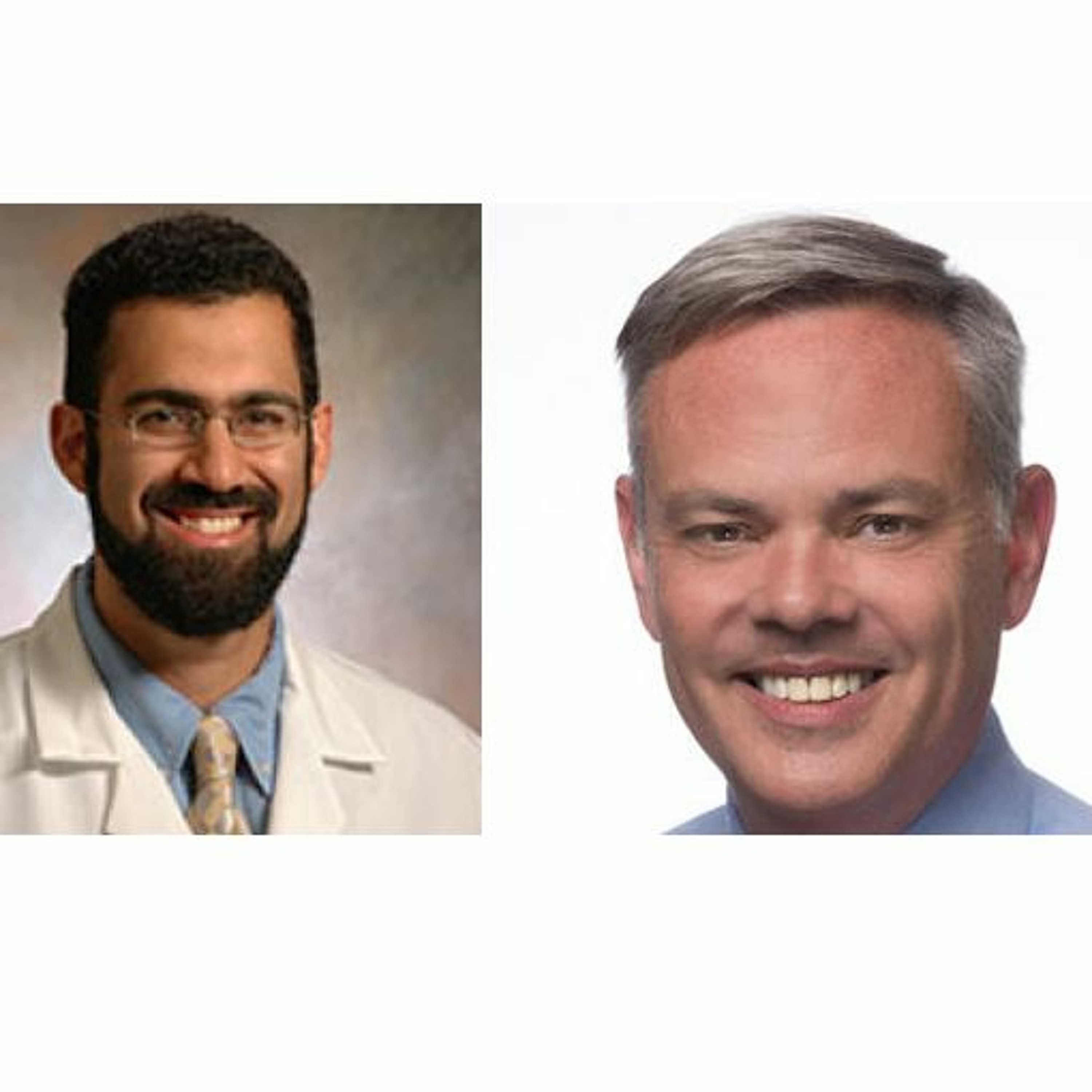Achieving Cancer Health Equity in the Muslim American Community

In this episode we spoke with Aasim Padela, MD, and Mark Lazenby, PhD, APRN, FAAN, about the unique needs and cancer health equity issues of the Muslim American community. \n\nDr. Aasim Padela is an emergency medicine physician, health services researcher, and bioethicist. He\u2019s an Associate Professor at the University of Chicago, where he\u2019s the Director of the Program on Medicine and Religion and Director of the Initiative on Islam and Medicine. In his ACS-funded work he\u2019s working with Muslim American communities to increase mammography screening rates.\n\nDr. Mark Lazenby is an Associate Professor of Nursing at Yale University. He is a philosopher of religion and an advanced practice cancer nurse. He\u2019s interested in helping patients with a cancer diagnosis deal with the questions of mortality. \n\n4:00 \u2013 (Lazenby) What we have found in our research so far is that Muslim patients don\u2019t feel supported by spiritual care departments or by palliative care teams in their spiritual and religious needs. So they go to look for support outside, but often people outside of the cancer care community don\u2019t understand cancer. So they\u2019re caught in this bind of having no support within the cancer care community for their psychosocial/spiritual needs, and no support outside the cancer care community for the intersection of cancer needs and psychosocial/spiritual needs.\n\n9:30 \u2013 (Padela): In my own work where I tried to assess what the particular health care disparities of Muslim patients were we found three things: (1) Gender issues/modesty issues; (2) spiritual accommodations; and (3) dietary accommodations. \n\n14:30 \u2013 (Lazenby): We\u2019ve found this in some of our participants\u2014the belief that God is punishing the person for past deeds by giving them cancer. And this is not only unsettling for the patient; it\u2019s unsettling for providers. So how do you approach this and not offend the person? And the potential for the person to draw meaning from the cancer experience. How do you turn it around from persecution to an opportunity for meaning-making?